7 Ways Agritech Innovation Helps Drive Mechanized Farming Forward
In the modern world we find ourselves, particularly this digitally evolved era, modern agriculture has been significantly improved via leveraging the use of technological innovations. This union between the agricultural system and the modern technology is what is referred to as “Agritech”. This Agritech system is an upgraded, revolutionary setup comprising new digital innovations that improve how farmers cultivate crops, manage livestock and overall optimize all their agricultural activities. One should note that the advent of Agritech innovation has greatly helped to drive the mechanized farming system in particular forward especially through the integration of modern, digital technologies like the use of sensors and specialized drones for proper, specific resources monitoring and management, use of AI and robotics systems to automate labour-intensive agricultural practices, farm management software and programs for effective decision making and resources allocation, blockchain technology for market transactions to improve supply chain transparency among others.
So to keep farmers and the general public informed about the latest happenings and developments within the agritech sector, this article has been carefully designed to explore the top trends within the sector and the ways that they contribute to help drive and reshape the scope of mechanized agricultural practice on a global scale.
What is Agritech?
Agritech, the shortened form for agricultural technology is pretty much self explanatory from its name. That is Agriculture with technology.
However, by modern definition, Agritech is a field that integrates a variety of specialized techniques, devices and methods that can help to significantly improve and boost one’s agricultural output. To effectively leverage on Agritech, a broad range of vehicles, computers, drones, software, and even specialized disciplines such as the use of sophisticated data analytics systems, Artificial intelligence, robotics have now been implemented to supplement and facilitate modern agricultural practices. These technological advancements are revolutionary change, improving the overall state of agriculture within the global market and helping to account for more success via increased agricultural production while significantly minimizing human labour input.
As we have already discussed the meaning of agritech and its overall significance to the global market reach, the next aspect of this article is discussing new agritech innovations and trends that are helping to enhance mechanized farming.
Some of which are;
Precision Agriculture
Precision farming is a new game changer within the agricultural sector, particularly now that we now have advanced and sophisticated technologies such as GPS systems, drones, sensors available for use. Precision farming is the integration of digital technologies into farming practices that offer the advantage of gathering relevant data, analyzing them and using generated information to optimize your farming operations.
It leverages the use of specialized algorithms that gather relevant information pertaining to specifics of soil health, climatic conditions, water level and other important environmental conditions that farmers use to get a concise understanding of how best to manage their resources and improve their crop yield and production. This information can be generated via drone footage, satellite imagery, soil sensors, weather forecasts that can provide day-to-day reports which the farmer will use in evaluating important farm operations like irrigation, fertilizer application, weed control amongst others. This is crucial to minimise resources wastage and optimise farm efficiency
2. Automation of labour-intensive processes
From robotics, artificial intelligence, data analytics to the basic farm IoT devices, the main objective of this innovation is to improve farm efficiency and output whilst significantly reducing human labour involved. Hence, when these technologies are merged into modern agritech processes, it will result in a smart farming system. This smart farming system might include sophisticated features of autonomous tractors, automatic seeders, robotic harvesters that will free up labour costs and maximise scalability for farmers to focus more on more farm management tasks.
This modern innovation is gradually revoluntionizing the agricultural sector through the vast applications of Artificial intelligence, data analytics, machine learning, IoT devices plus many more.
3. Machine learning (ML) and Artificial intelligence (AI)
The advent of artificial intelligence (AI) and sophisticated machine learning processes have now provided modern farmers with the knowledge of predictive analysis. With the use of artificial intelligence, they can develop complex, specialized AI-algorithms which can be used to analyse agricultural data which will produce valuable data predictions and insights ranging from disease detection, weed control, climate change forecasts to even crop control and management recommendations.
Surely from the above it is very easy to conclude that leveraging the use of AI and machine learning will provide farmers with an advantage of statistically engineered decisions, foster crop productivity and maximise resources allocation.
4. The use of internet of things (IoT) devices
The use of IoT agricultural devices like modern sensors and other apparatus like even smartphones will allow farmers to be able to effectively check, monitor and control important agricultural parameters remotely. Relevant data such as soil moisture content, temperature, light intensity plus others can be easily gathered using these IoT devices. This innovation will promote good decision making, reduce output wastage and ensure the optimal developmental conditions for both crops and farm livestock.
5. Geographic information system (GIS)
Geographic information systems are very essential to modern day farmers, allowing them to visualise, store, display spatial data of land surveys that is prerequisite for precision agricultural purposes. Geographic information systems are important to modern-day, mechanised farming systems as it highlights relevant information about the region climatic conditions, topography, soil texture, crops and other essential specifics. In addition to this, the use of GIS also aids the use of GPS apps and other GPS related services for getting and accessing required location information from any position on the global surface. This use of GIS information in conjunction with modern GPS software and other specialized systems will help farmers to optimally improve their crop spraying, mapping systems and location efficiency at a particular region.
6. Leveraging the use of data management softwares.
The use of data analytics software in conjunction with already gathered data from sensors, drones and even artificial softwares can serve to craft specialised farm management softwares that farmers can use to keep track of their daily farm operations. These sophisticated software programs usually contain insightful information about plants nutrition, weed attacks, planting seasons and schedules, harvesting patterns and other related specifics that are prerequisites for optimized farmland management which will increase productivity in the long run.
7. Blockchain technology in modern agriculture
The introduction of Blockchain technology into the agricultural sector is welcome development as it enhances a sense of transparency, trust and trust to the global agricultural supply chain. The advent of Blockchain technology has significantly helped to minimise risks of frauds and scams by enforcing integrity through sophisticated validation and encryption techniques to ensure the genuinity of all transactions. By recording every single transaction via Blockchain technology, final consumers are now able to track and monitor the origin of food produce. This helps to not only build customer trust and confidence but also, the innovation helps to support ethical and legal farming operations.
Conclusion
As we know the agritech industry is under significant transformation from a variety of advancements and innovations that are gradually changing the sector as we know it. Ranging from precision agriculture, the advent of artificial intelligence, machine learning, IoT devices to the modern Blockchain technology are top agricultural innovations that are responsible for this transformation, hence we need to embrace this innovations to improve the productivity of the mechanised farming system rather than shy away from it.
Not only does these sustainable practices help to better shape our decisions and optimise proper resources allocation and utilisation, but by using these emerging agritech innovations in modern farming operations, farmers would be able to rack up higher yields that might have seem impossible with traditional farming methods.
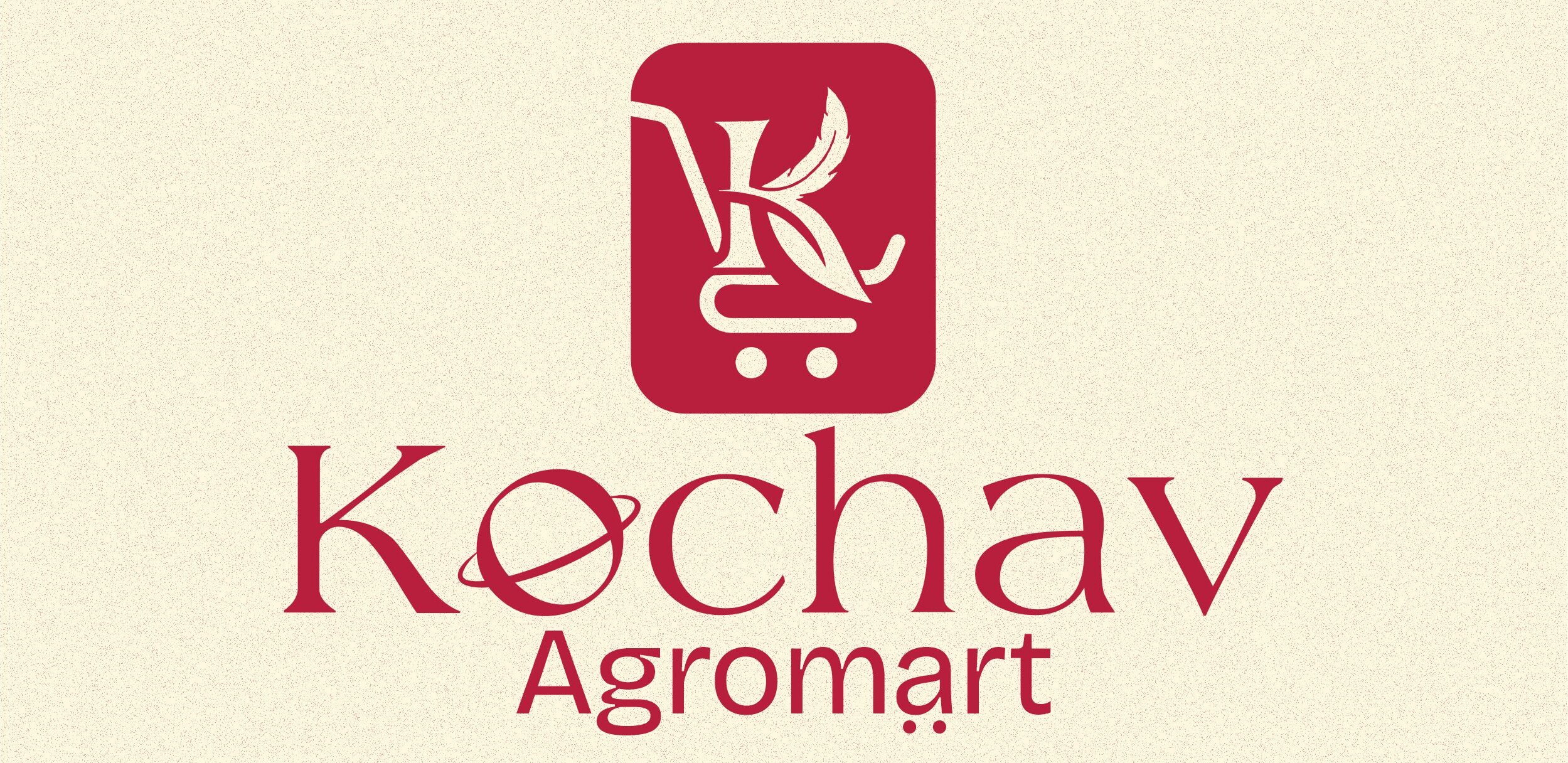



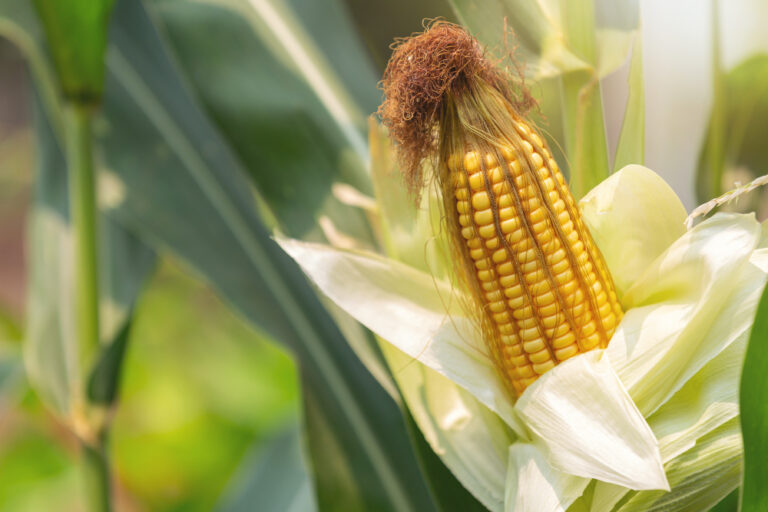
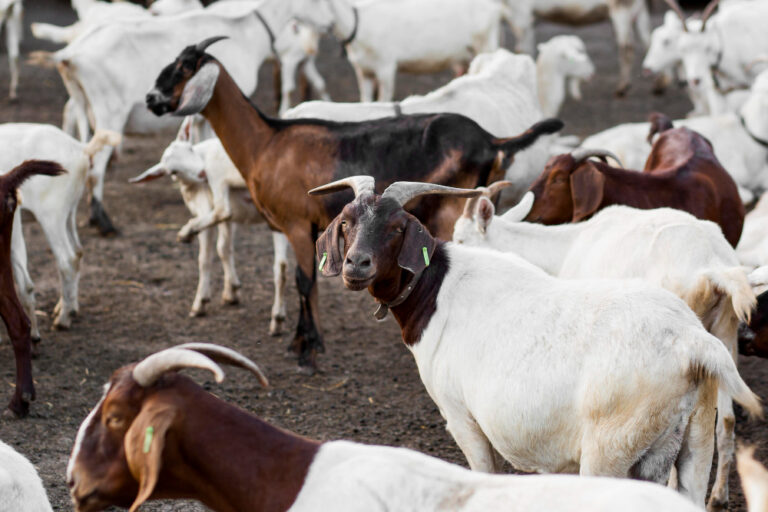
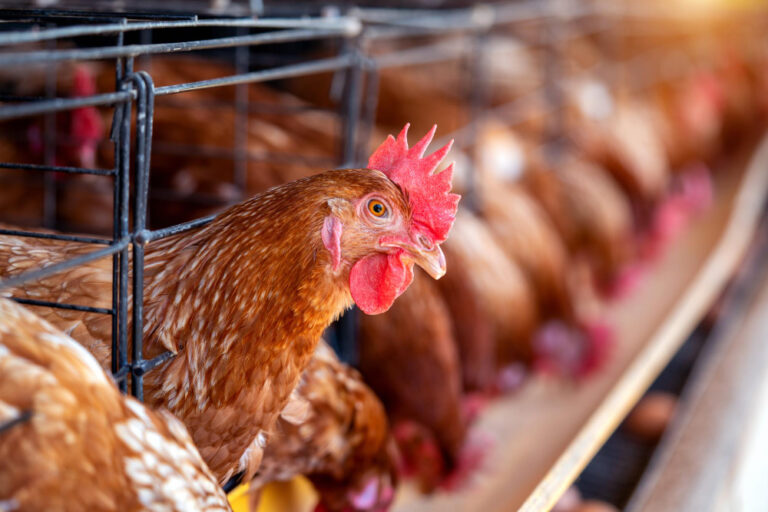
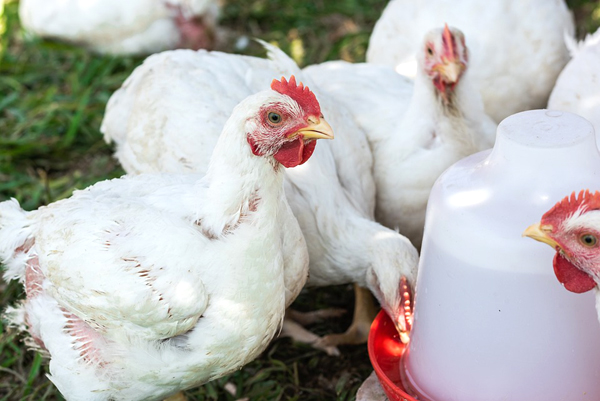
One Comment